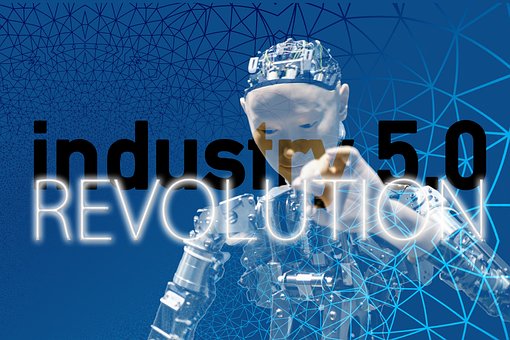Factory automation has been growing steadily with the
development of technology and changes in production patterns. Its future
development will focus on the following aspects:
Intelligence: With the continuous development of
artificial intelligence, IoT, and big data technologies, factory automation
will become more intelligent. By integrating intelligent sensing, autonomous
decision-making, and adaptive control technologies, more efficient and
intelligent control and management of the production process can be achieved.
Modularity: As production methods transform and upgrade,
flexibility and personalization requirements increase, leading to a trend toward
modular and customizable factory automation. By building modular automated
production lines and equipment, flexible production and rapid adjustments to
production processes can be achieved.
Digitalization: With the development of digital
technology, factory automation will move towards digitalization, using digital
technology to achieve real-time monitoring, data collection, and analysis of
the entire production process. This enables more refined management and
control, improving production efficiency and product quality.
Greening: With increasing environmental awareness,
factory automation will focus on greening. By adopting more environmentally
friendly production methods and energy-saving technologies, better
environmental protection and more sustainable resource utilization can be
achieved.
Human-Machine Collaboration: With the continuous development of robot technology, future factory automation will emphasize human-machine collaboration. By integrating robots with human work, more efficient and flexible production methods can be achieved, while also focusing on worker training and skill enhancement.




